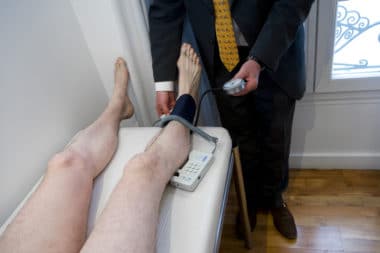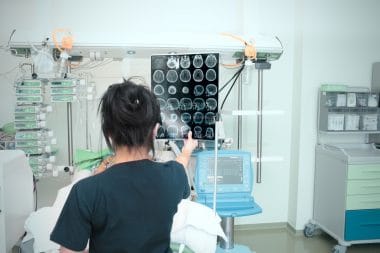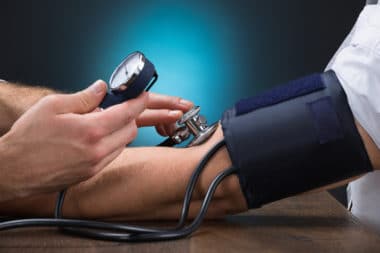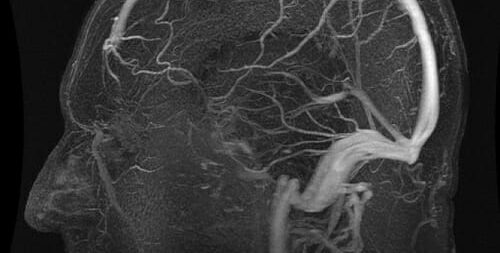Cholesterol can only attach to the inner lining of the artery if it has been damaged. How does that damage occur?
Evidence points to “free radical” damage as being one of the culprits of arterial wall damage. Free radicals are found all around us. They are highly reactive substances like polluted air, radiation, tobacco smoke, herbicides, and naturally within our own bodies as an offshoot of regular metabolic processes.
Free radicals attack and damage cells altering normal cell activity. You see it around you every day causing metal to rust and fruit to spoil. This is why we take anti-oxidants like vitamins C, E, beta-carotene and selenium, to combat the attack of free radicals.
Heredity plays a role in high cholesterol. Your genes can influence your LDL by affecting how fast it is made and removed from your blood. There is one particular form of inherited high cholesterol that will often lead to early heart disease. It is called familial “hypercholesterolemia” and can play a role in 1 of 500 people.
Weight is a factor in determining your LDL. If you have a high LDL level and are overweight, losing those pounds may help you to lower it. Additionally, losing weight also helps to lower triglycerides and raise your HDL.
Age and sex should be considered as well. Women, before menopause, usually have total cholesterol levels that are lower than men. This changes as men and women age. Levels will rise until reaching age 60 to 65. For women, menopause can cause an increase in LDL and a decrease in HDL. After the age of 50 women often have higher total cholesterol levels than men of the same age.
Alcohol plays an odd role in cholesterol levels. It increases HDL but at the same time it does not lower LDL. The medical community does not know for certain whether alcohol reduces the risk of heart disease. We know that too much alcohol can damage the liver and heart muscle, lead to high blood pressure and raise triglycerides. There are just too many other risks to even consider the use of alcoholic beverages used as a way to prevent heart disease just because it increased the HDL.
Stress and personality may contribute to heart disease. Associating a certain type of personality and heart disease has been suggested for many years. This goes back to the “Type A” and “Type B” personality study conducted in 1959.
Type A behavior generally manifests in a chronic sense of time, urgency, aggressiveness and striving for achievement. Type A people will drive themselves to meet specific deadlines which are most often self-imposed. They have feelings of being constantly under pressure and often multi-task to the point of doing two or three things at one time. To say that Type A people are “driven” is an understatement. They consider themselves indispensable. All of these traits add up to a state of constant stress
Over the long term, stress has shown to raise blood cholesterol levels. The way it does this is by affecting habits. An example is over indulging in fatty foods as a way of consoling themselves when people are under stress. The saturated fat and cholesterol in these foods contribute to high levels of blood cholesterol.
Type B behavior is characterized by just the opposite set of traits. Type B people are less preoccupied with achievement, less rushed and generally more easygoing people. They don’t allow themselves to be rushed nor have any particular pressure regarding deadlines. They are less prone to angry outbursts and seem to be better equipped to making distinctions between work and play.
Studies completed over a period of eighteen months to two years with a group of both Type A and Type B people, indicated that Type A participants had a 31 percent increased risk of developing heart disease.
This was further substantiated by the discovery of more deposits of plaque in the coronary arteries of Type A people. Type A behavior also appears to show an association with other risk factors like smoking, higher fat levels, increased secretion of adrenaline. All of which increases the oxygen requirement of the heart muscles and releasing fatty acids from the body fat.
It is important to note that there are not two different types of people. Each person is an individual and sorting them into specific categories will not properly identify them.




